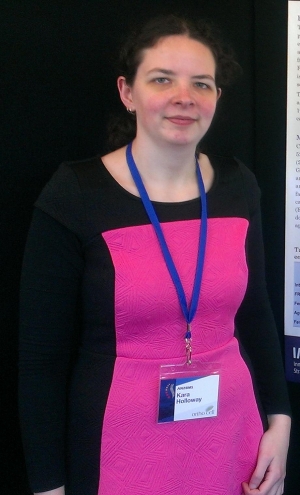Study helps elderly arm against fractures
Research news
Coinciding with “Healthy Bones” week, Deakin researchers have announced their results from a new study that show upper arm fractures have different causes in men and women - and women, in particular, can reduce their risk of fracture by undertaking strength training.
Recently published in the international journal, “Calcified Tissue International,” the study, by researcher Dr Kara Holloway and her colleagues at the Epi-Centre for Healthy Ageing, describes the causes and risk factors for fractures of the upper arm (humerus) in both sexes.
The researchers used data obtained from a sample of 1570 males and 1220 females enrolled in the Geelong Osteoporosis Study; a population-based study of the Barwon Statistical Division, which is run by the Epidemiology Unit for Healthy Aging at Barwon Health and is led by Professor Julie Pasco.
Dr Holloway explained that women are twice as likely to fracture their upper arm as men, with younger men and older women most at risk. Also, due to the different ages and lifestyles of these two groups, men and women fall differently when they suffer this fracture.
“Men mainly fell onto their face, stomach or shoulder, whereas women fell onto either an outstretched hand/arm or their shoulder,” said Dr Holloway.
“The men are more likely to be doing some sort of activity outside, while the older women tend to lose their balance. Generally, women fall much more than older men because men have more muscle strength that helps them regain their balance.”
Dr Holloway advises older women to do regular activities to help build their muscle strength and improve their balance, such as weight lifting or tai chi, and thus reduce their chances of falling.
“Post-menopausal women who sustain a humerus fracture tend to have lower bone strength, be more likely to have fractured a bone previously, be heavier, and more likely to consume lower amounts of fermented dairy products like cheese and yoghurt,” she said.
“Experiencing a fracture can have a significant effect on a person’s quality of life and, particularly for the elderly, can involve a long recovery time.”
Share this story
 Dr Kara Holloway.
Dr Kara Holloway.
